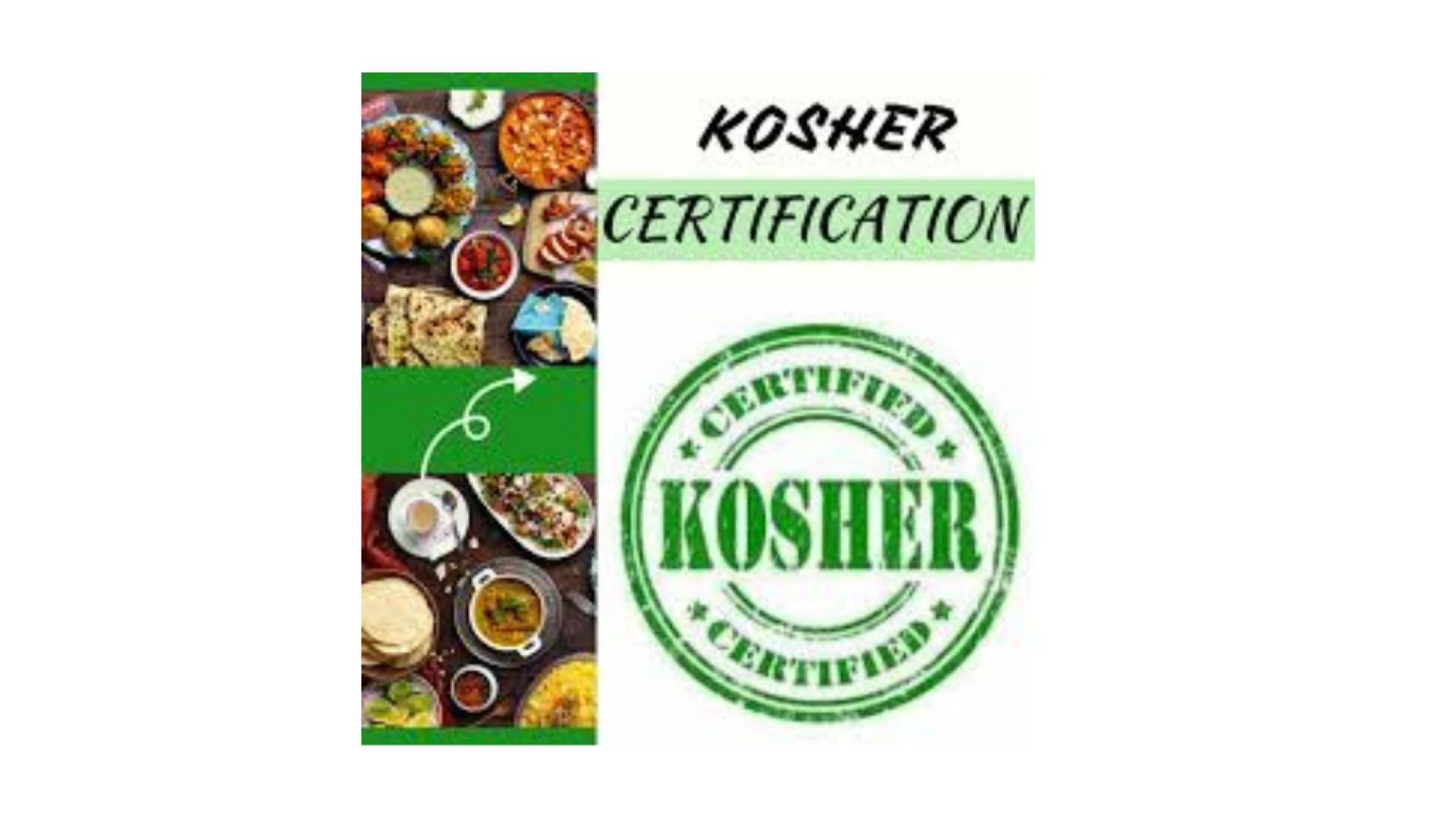
Kosher certification is a process that ensures food products comply with the dietary laws of Kashrut, the set of Jewish dietary guidelines. These laws determine what foods are allowed, how they are prepared, and how they should be consumed. While kosher certification is fundamental for Jewish consumers, it has grown in importance across the broader market, appealing to those seeking high-quality, ethically produced foods and businesses aiming to expand their customer base.
What is Kosher Certification?
A kosher certificate signifies that a food product, ingredient, or production process complies with Jewish dietary laws. The certification process involves rigorous oversight to ensure that every aspect of food production, from sourcing ingredients to packaging, adheres to these laws.
Key aspects of kosher certification include:
- Permitted Foods: Foods such as pork and shellfish are forbidden, and only animals slaughtered in accordance with Jewish law can be deemed kosher.
- Meat and Dairy Separation: One of the most well-known aspects of Kashrut is the rule that meat and dairy cannot be consumed together. This applies to their preparation, cooking, serving, and storage.
- Rigorous Supervision: A kosher certifying body oversees the production process to ensure compliance at every stage, ensuring the food is truly kosher.
Why is Kosher Certification Important?
1. For Jewish Consumers
For Jewish individuals who follow Kashrut, kosher certification is necessary to maintain their religious practices. It guarantees that the food they consume is in line with the rules outlined in the Torah, allowing them to eat with confidence. Without certification, there would be no way to ensure a product’s compliance with these laws.
2. For Ethical and Health-Conscious Shoppers
Kosher certification is also highly regarded by non-Jewish consumers who are looking for foods produced under strict standards. Many people are drawn to kosher products because they often align with ethical values, such as humane animal treatment and the transparent sourcing of ingredients. Additionally, kosher foods are carefully monitored for quality and safety, making them a good choice for those with allergies or dietary restrictions.
3. For Businesses: Expanding Market Reach
For companies, securing kosher certification opens the door to an expanded consumer base. In addition to Jewish shoppers, halal consumers—who follow similar dietary guidelines—are also drawn to kosher-certified products. This broader appeal can help businesses grow and develop a reputation for producing high-quality, ethically sourced products.
How to Recognize Kosher-Certified Products
Kosher-certified products are easily identifiable by the symbols of certifying agencies on the packaging. Common symbols include:
- OU (Orthodox Union)
- OK
- Star-K
- CRC (Chicago Rabbinical Council)
These logos provide consumers with confidence that the product meets kosher standards, making it easier to choose foods that align with their preferences.
Conclusion
Kosher certification is more than just a religious requirement; it represents a commitment to quality, ethical food production, and safety. While essential for Jewish consumers, kosher certification is increasingly popular with health-conscious shoppers and businesses seeking to reach a wider audience. Whether motivated by faith, health, or ethical considerations, kosher certification helps ensure that food products meet the highest standards, providing peace of mind for consumers and opening doors for businesses.


